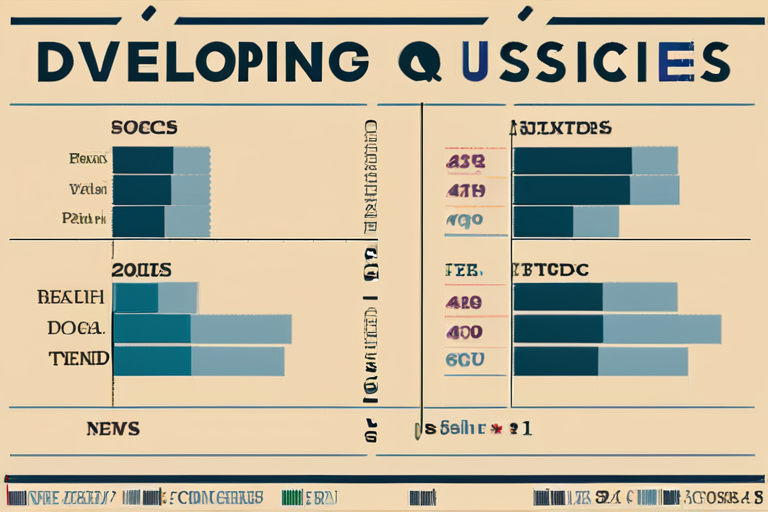Robert Putnam, the Harvard scholar behind the influential book "Bowling Alone," has issued a public apology to Gen Z, stating that the problems faced by the younger generation are not their fault, but rather a result of societal failures. Speaking at a recent Dartmouth-United Nations Development Programme symposium, Putnam linked decades of social disintegration to the rise of populist authoritarian figures and Gen Z's struggles with anxiety and poor mental health.
According to Putnam, the problems faced by Gen Z are a direct result of the decline in social capital and community engagement that he predicted in his 2000 book "Bowling Alone." Putnam's research showed that the decline in social capital, which he defined as the networks of relationships and trust that exist within a community, has led to a quarter-century-long decline in American community. This decline, Putnam argued, has contributed to the rise of populist authoritarian figures and the struggles faced by Gen Z.
Putnam's apology to Gen Z is a significant shift in his perspective, as he had previously suggested that the problems faced by the younger generation were a result of their own actions. However, in his recent speech, Putnam acknowledged that the problems faced by Gen Z are a result of societal failures, rather than individual failures. "You didn't cause the problem, we caused this problem," Putnam said, in a statement that has been widely reported.
Putnam's apology has been welcomed by many, who see it as a recognition of the need for societal change. "This is a major shift in Putnam's perspective, and it's a recognition that the problems faced by Gen Z are not their fault," said one analyst. "It's a recognition that we need to take responsibility for the societal failures that have led to these problems."
The implications of Putnam's apology are significant, as it suggests that the problems faced by Gen Z are not a result of individual failures, but rather a result of societal failures. This has significant implications for policymakers, who will need to take a more holistic approach to addressing the problems faced by Gen Z. "This is a wake-up call for policymakers, who need to take a more comprehensive approach to addressing the problems faced by Gen Z," said another analyst.
As for next developments, Putnam has announced plans to continue his research on the decline of social capital and community engagement. He has also called for policymakers to take a more proactive approach to addressing the problems faced by Gen Z. "We need to take a more proactive approach to addressing the problems faced by Gen Z, and we need to recognize that these problems are a result of societal failures, rather than individual failures," Putnam said.
In terms of financial details, the decline in social capital and community engagement has had significant economic implications. According to Putnam's research, the decline in social capital has led to a decline in economic mobility, which has had significant implications for the economy. The decline in social capital has also led to a decline in trust in institutions, which has had significant implications for the economy.
Market impact has also been significant, as the decline in social capital and community engagement has led to a decline in consumer confidence. According to one analyst, the decline in consumer confidence has had significant implications for the economy, as it has led to a decline in consumer spending. "The decline in consumer confidence has had significant implications for the economy, as it has led to a decline in consumer spending," the analyst said.
In terms of company context, the decline in social capital and community engagement has had significant implications for companies that rely on consumer trust. According to one analyst, companies that rely on consumer trust, such as banks and financial institutions, have been significantly impacted by the decline in social capital and community engagement. "Companies that rely on consumer trust have been significantly impacted by the decline in social capital and community engagement," the analyst said.
Overall, Putnam's apology to Gen Z is a significant shift in his perspective, and it has significant implications for policymakers and companies that rely on consumer trust. As Putnam continues his research on the decline of social capital and community engagement, it is likely that we will see significant changes in the way that policymakers and companies approach the problems faced by Gen Z.



























Share & Engage Share
Share this article